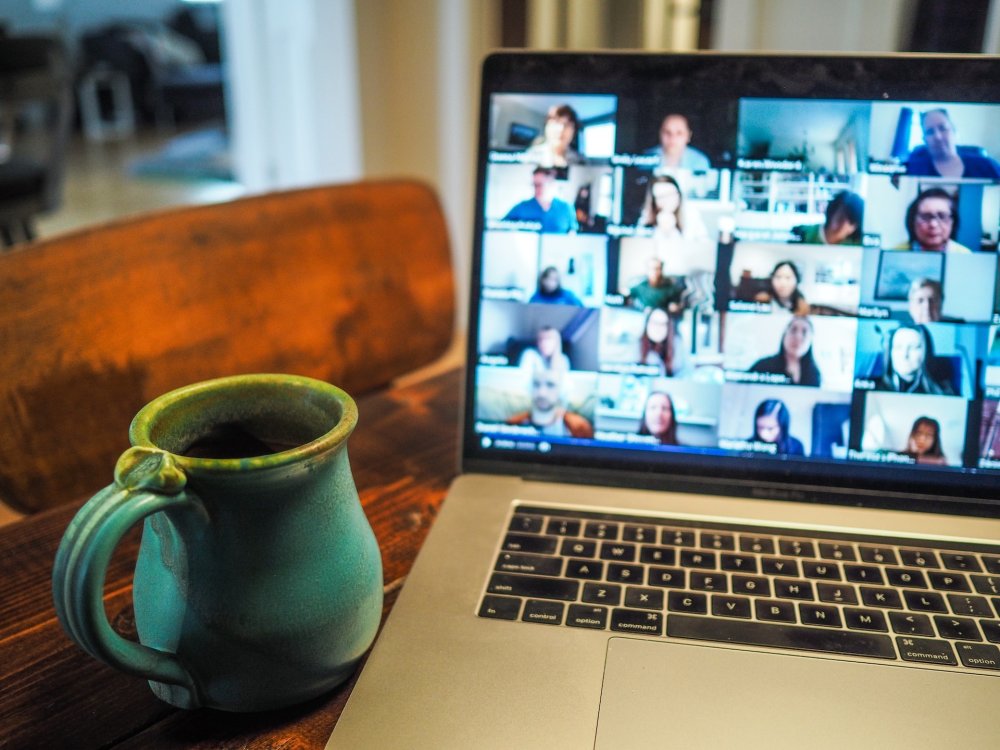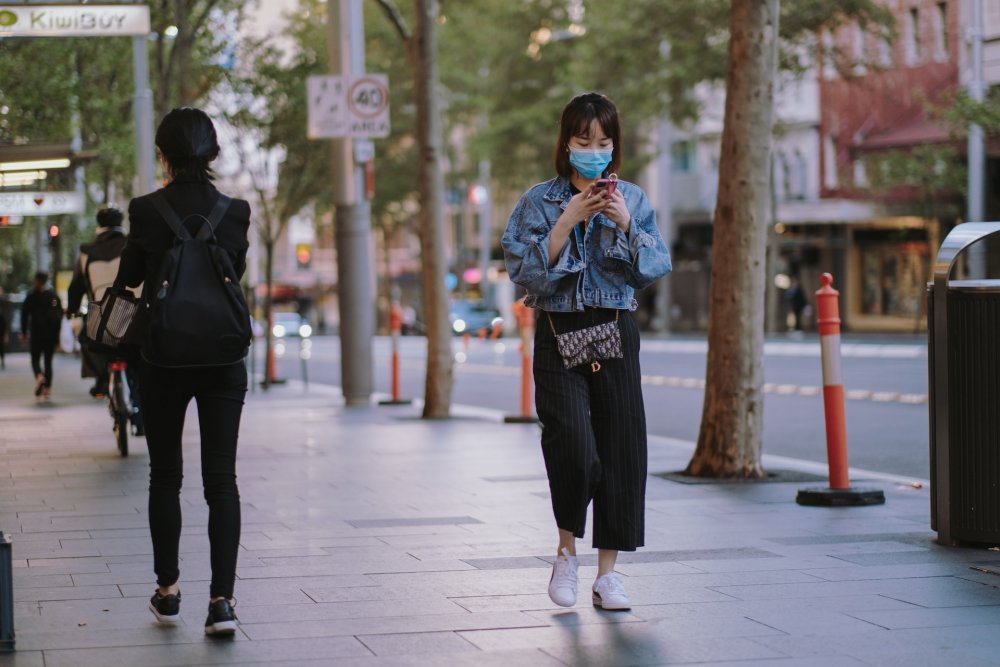
Power of social media in a health crisis: Real-life stories
Looking for inspiration on how to harness social media to fight a global health crisis? Read on for quotes and innovative approaches that promoted well-being and kept followers informed and protected during the pandemic.
While the world grappled with the COVID-19 pandemic, we found ourselves in uncharted territory. From navigating lockdowns and remote work to keeping up with ever-evolving health guidelines, it seemed like we were treading water in a sea of uncertainty. But amidst the chaos, something unexpected emerged: social media, often criticized for its role in spreading misinformation and fostering division, became a beacon of hope.
As people turned to social platforms for the latest updates and advice on the pandemic, a new understanding emerged – if wielded responsibly, social media had the power to transform health communication and promote wellness on a global scale. In this article, we hear from a diverse group of nominees for the 2023 COVID-19 Social Media Awards, from high-profile doctors and community activists to cutting-edge researchers. These trailblazers used their online platforms to amplify the efforts of health authorities and governments, keeping their followers informed and protected.

Photo credit: @Unsplash
Social media promotes concise and focused information sharing
Snippet #1:
“The biggest lesson I learned during COVID is that accurate information during a pandemic is of little use if it's not presented in a way that your granny or a 6th grader can understand it. But even if the information is perfect, it serves no purpose if it doesn't reach the people who need it. Social media is, in my opinion, the most powerful tool to use during pandemics for both of these goals. Not only does it reach millions of people, it also allows people who receive your information to ask questions about aspects they're unclear about. During COVID-19 social media was used extensively to spread misinformation — it would simply be nonsensical to not use the same platform to do the opposite.” (South Africa)
Snippet #2:
“Social media has provided a way for the public to have direct access to the views of niche subject matter experts and informed citizens. The character limit of social media helps to refine an idea to its core concept, which can then be more effectively shared and communicated.” (Canada)
Social media promotes wider and more creative dissemination of important and up-to-date information
Snippet #3:
“We've come thru from very hard times, but most of the time, researchers aim to communicate the results of their work to other researchers or even to other people in general. Sometimes, however, they feel the need to get their science across to a larger audience and it can be achieved by sharing knowledge on social media/networks. That's why we need to keep in mind that social media is an important tool to share real and true knowledge.” (Brazil)
Snippet #4:
“Public health policy often involves implementing cost-efficient, large-scale interventions which often require behaviour change. It is not only challenging to initiate behaviour change but it is even harder to sustain. Health programs have frequently relied on media/communication campaigns etc to inform communities of a health problem and the solutions available. ‘Media mix’ communication strategies often combine traditional and new media tools (TV, radio, online/social media, print, street plays, interpersonal interactions). However, social media offers some unique and clear advantages vis-à-vis other platforms. Social media is the fastest and most efficient way of communicating with the general population as well as health professionals. SM can help people take the right decisions and enable change in their behaviour patterns. A unique feature of SM is its ‘virality’ factor and that is geography agnostic, enabling outreach well beyond political boundaries. Messages can go viral swiftly and well beyond the intended target groups to their extended personal and professional networks, and even beyond. SM allows considerable scope for innovation in how content can be adapted to catch attention in terms of the variety of content it can host.” (India)
Snippet #5:
“From my media experience so far, I realized that the digital media landscape is changing very fast. From news automation to virtual reality, digital journalists must acquire relevant social media skills and constantly reinvent themselves to stay on top of their game. Unlike traditional media, social media helps journalists to exercise a greater degree of creativity and innovation, leveraging new media amplification tools to call attention to compelling journalism. In this era, journalism has gone beyond having good writing and research skills, or even a sense of accuracy. It is now about being tech-savvy, in addition to having basic traditional and social media skills very essential in debunking wrong narratives.” (Nigeria)


Photo credit: @Unsplash
You can read many more personal stories/statements like these in individual nominee profiles.
Curious to learn who has been nominated for the Awards from your country? Take a look here.
This forms part of a short series of posts focusing on the linkages between the use of social media, the COVID-19 pandemic and health promotion.